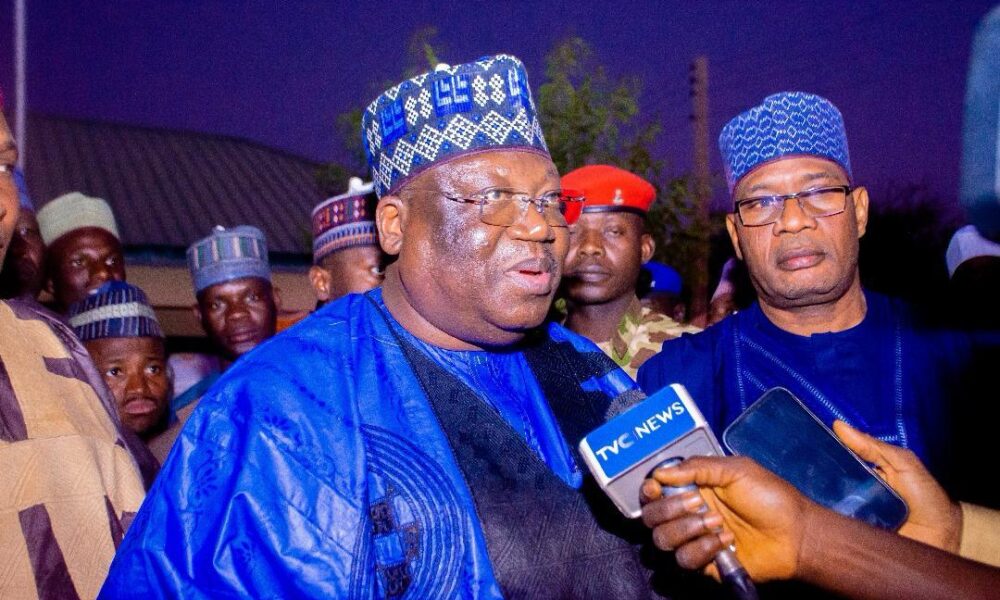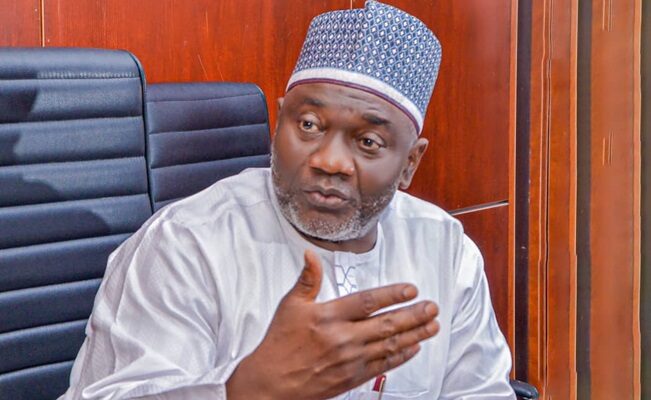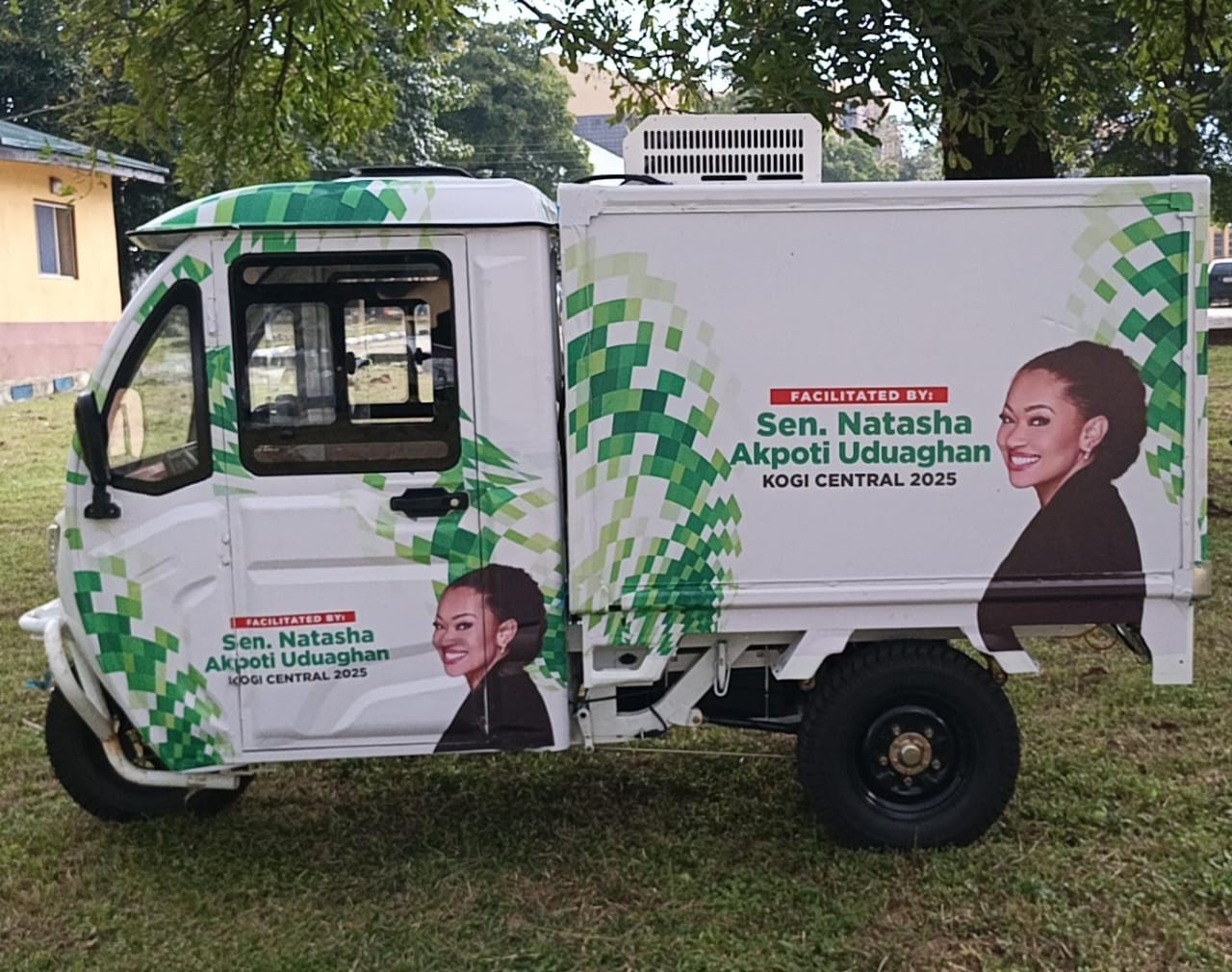Former President of the Senate, Ahmad Lawan, has sounded the alarm over Nigeria’s soaring interest rates, which he described as a chokehold on entrepreneurship, agricultural growth, and sustainable development.
Speaking in Yobe North during a food distribution exercise targeting vulnerable communities, Lawan highlighted the broader structural challenges stifling Nigeria’s economic potential. While acknowledging the importance of providing immediate relief to struggling citizens, he advocated for transformative policies to address the root causes of economic hardship.
Lawan’s remarks signal a call for a shift from reliance on short-term interventions to sustainable economic strategies. His emphasis on affordable financing reflects the need for systemic changes to empower small businesses and farmers.
A statement by his is Media Adviser, Dr. Ezrel Tabiowo, quoted him to have said,“We can’t continue to manage hunger with handouts,” Lawan stated. “The focus must be on creating an environment where businesses and farmers thrive independently through affordable credit facilities and secure environments.”
According to Lawan, Nigeria’s commercial banks charge prohibitive interest rates of up to 34 percent, a figure he argues discourages investments and keeps the nation’s productive sectors in a state of stagnation.
“In countries where businesses flourish, loans are accessible at less than 1 percent interest rates. We must adopt similar practices to unlock Nigeria’s economic potential,” he said.
Lawan also linked food insecurity to rising insecurity, especially in northern Nigeria, where farmers are increasingly unable to access their farmlands due to banditry. He urged the federal government to intensify efforts to restore peace and create enabling conditions for agricultural revival.
“Food security is a matter of national security,” he declared. “We cannot expect sustainable growth when our farmers are unable to cultivate their lands due to fear of attacks.”
Acknowledging the reforms initiated by President Bola Tinubu’s administration, Lawan expressed optimism for economic improvements by 2025.
However, he stressed the need for state governments to complement federal efforts by implementing local strategies that promote food security, job creation, and access to credit.
“Governance cannot be centralized,” Lawan said. “States must take ownership of development plans tailored to their specific challenges and strengths.”
Lawan’s critique of Nigeria’s banking system underscores the need for urgent reforms to lower borrowing costs and expand access to financing for small and medium enterprises.
“The current interest rates imposed by commercial banks are callous and unsustainable,” he argued. “Unless we reform our financial systems to support entrepreneurs and farmers, our fight against poverty will remain a losing battle.”
While the food distribution organized by the Senator Ahmad Ibrahim Lawan (SAIL) Foundation offered short-term relief, Lawan insisted that Nigeria’s long-term economic trajectory depends on policies that promote self-reliance.
“Temporary relief measures have their place, but our focus must be on equipping Nigerians to build sustainable livelihoods,” he emphasized.
Lawan’s advocacy highlighted the intersection of economic policy, security, and agricultural development. His push for affordable loans, agricultural security, and federal-state collaboration underscores the urgency of addressing Nigeria’s economic vulnerabilities.
As Nigeria grapples with inflation and food insecurity, Lawan’s call for reforms sets the stage for debates on how to transition from crisis management to sustainable economic growth.



